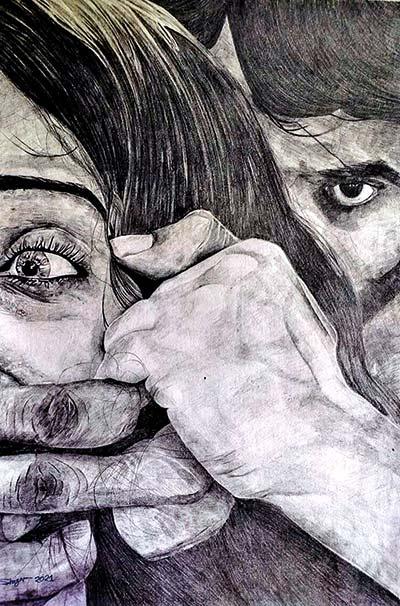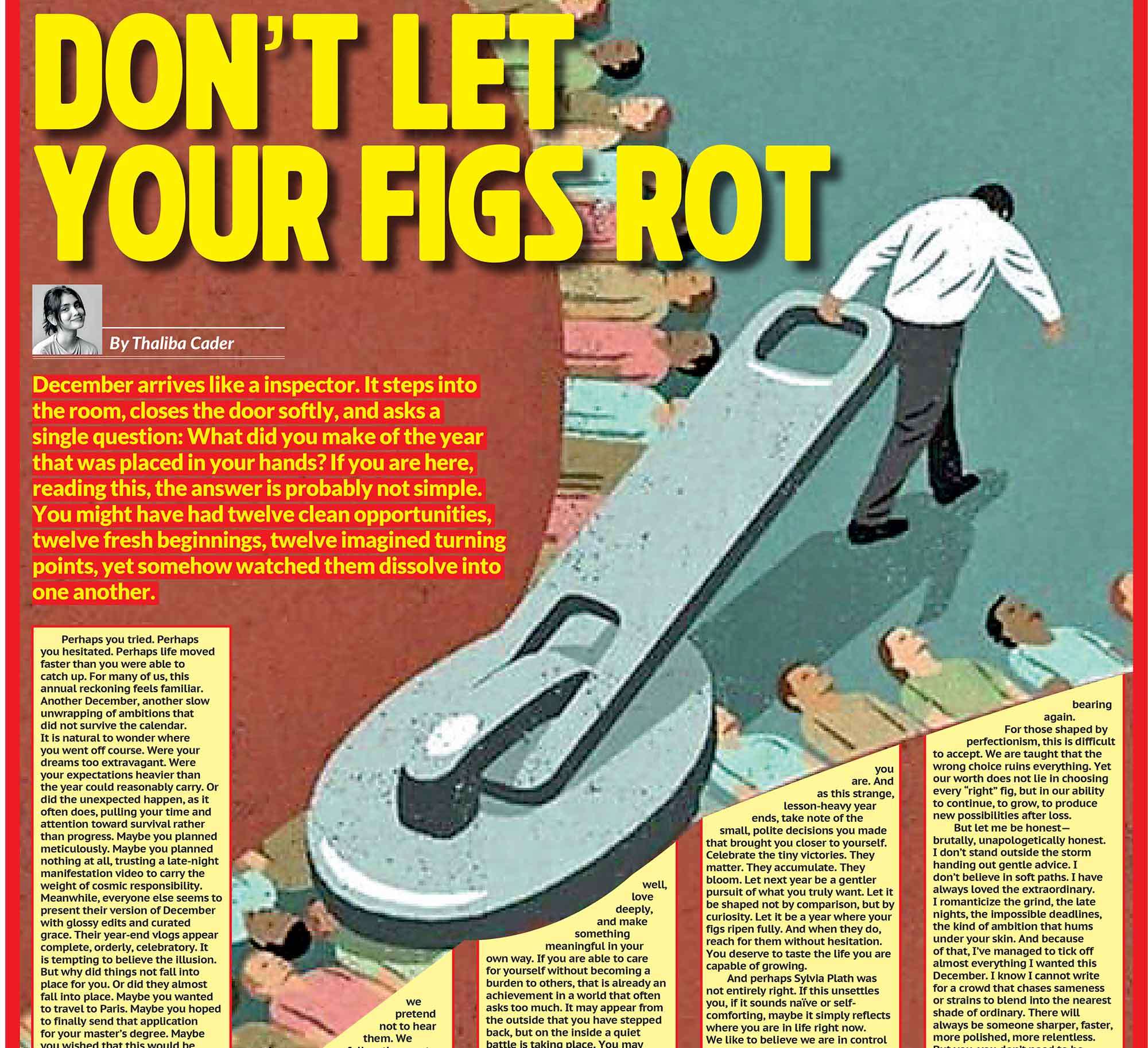
In a society where schools avoid proper sex education and homes often remain silent, young people in Sri Lanka are left to learn about bodies, relationships, and identity from TV dramas, TikTok videos, and social media influencers. But what are they really learning? Girls are still taught directly or indirectly that their virginity defines their worth, that "honor" is something tied to silence, modesty, and control. Boys, on the other hand, grow up absorbing a completely different script one where strength means dominance, and emotions are weakness. This double standard is rarely questioned, because no one talks about it openly. Social-media, while often seen as a threat, has become a space where young people seek answers their parents and teachers won't give. Platforms like TikTok have become an integral part of their lives, influencing their perceptions of relationships, bodies, and identity. Without guidance, however, social media can also reinforce toxic gender roles, unrealistic body standards, and unhealthy relationship dynamics. TikTok, in particular, has become a significant influencer in the lives of young people. With its short form videos and algorithm driven "For You" page, TikTok provides a constant stream of content that can shape their perceptions and attitudes. While TikTok can be a source of entertainment and creativity, it can also perpetuate harmful gender stereotypes and relationship dynamics.
 01)
01)
The concept of virginity and honor is deeply ingrained in Sri Lankan culture. Girls are often taught that their virginity is a precious commodity that defines their worth and reputation. Boys, on the other hand, are often encouraged to experiment and explore their sexuality without consequence. This double standard is rarely questioned, and it can have serious consequences for young people's mental and emotional well-being. It's time to ask why we still shame, silence, and pressure the next generation instead of educating them honestly and equally. We need to have open and honest conversations about relationships, bodies, and identity. We need to challenge the double standards and toxic gender roles that are perpetuated by social media and our culture. By doing so, we can help young people develop healthy attitudes towards relationships and sexuality.
Comprehensive sex education is essential for young people's health and well-being. It can help them develop healthy attitudes towards relationships and sexuality, and it can provide them with the knowledge and skills they need to make informed decisions about their bodies and lives.
02)
However, sex education in Sri Lanka is often limited and inadequate, leaving young people to seek answers from other sources. Parents and caregivers have a crucial role to play in shaping young people's attitudes towards relationships and sexuality. By having open and honest conversations with their children, parents can help them develop healthy attitudes and values. Parents can also help their children navigate the complexities of social media and relationships and provide them with the guidance and support they need.
The influence of TikTok and social media on young people's lives is undeniable. However, it's up to us to ensure that young people are equipped with the knowledge, skills, and values they need to navigate the complexities of relationships and sexuality.
03)
By having open and honest conversations, providing comprehensive sex education, and challenging toxic gender roles, we can help young people develop healthy attitudes towards relationships and sexuality. To address the growing gap in understanding relationships, sexuality, and identity among Sri Lankan youth, several important steps must be taken. First, comprehensive sex education should be introduced in schools. This education must go beyond basic biology to include respectful relationships, consent, body awareness, and emotional intelligence. When young people are given the right knowledge early, they are more likely to make informed and healthy decisions. It’s essential to create safe spaces for open and honest conversations both at home and in schools. Talking about bodies, feelings, and identity should not be a source of shame. These discussions should include both boys and girls, encouraging empathy and understanding across genders. Another, crucial step is to challenge the toxic gender roles that are often reinforced by both cultural norms and social media. Boys should be taught that vulnerability is not weakness, and girls should not be defined by purity or silence. By confronting these harmful stereotypes, we can create a more balanced and supportive environment for all young people. Parents must be equipped with the tools and confidence to guide their children through these topics. Many parents were raised in silence themselves and may feel uncomfortable or unsure, but their involvement is vital. With proper support and awareness, they can become a trusted source of guidance in their children’s lives.












